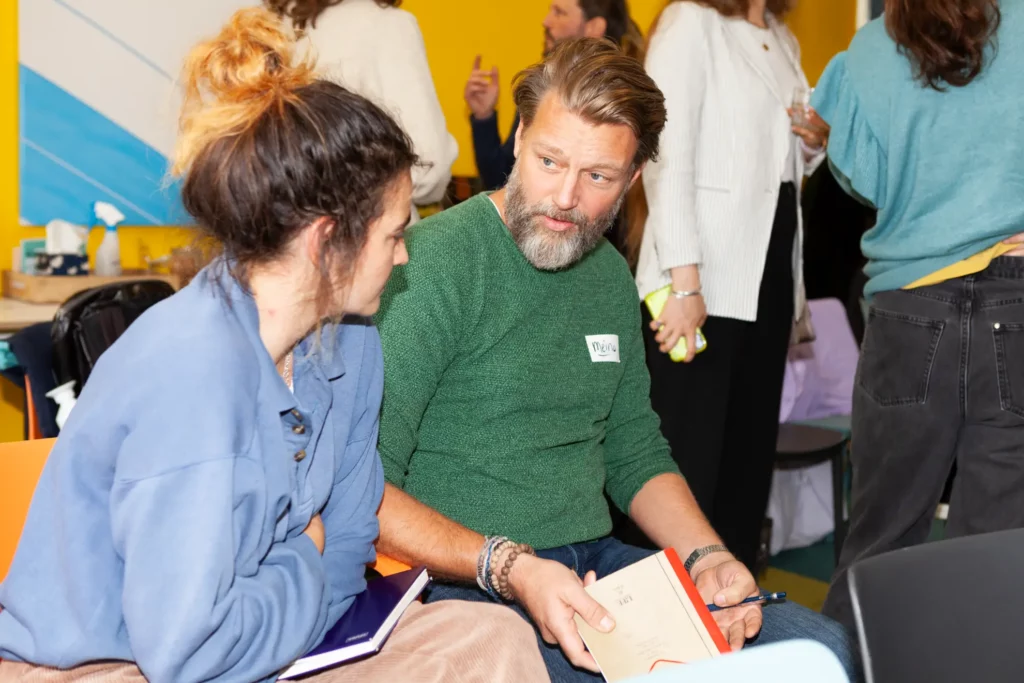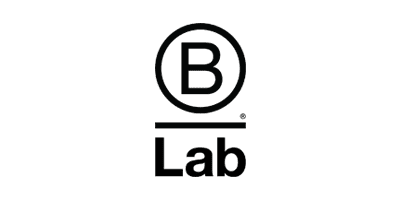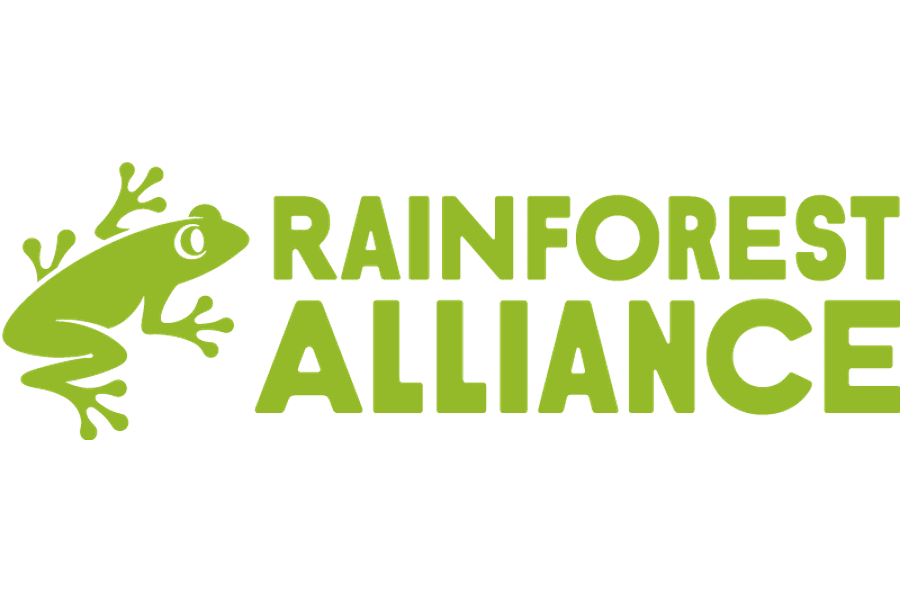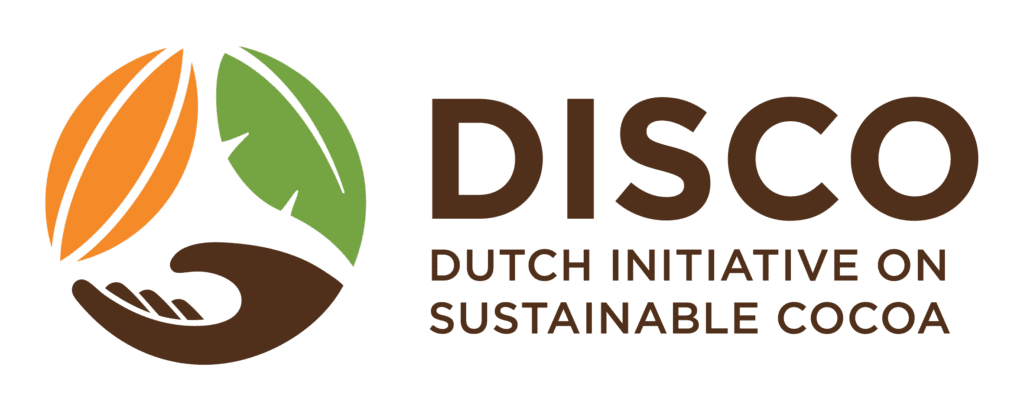Explore talks/About the Lab
Whats's the Lab?
The Living Wage & Income Lab brings together Netherlands-based producers, retailers and other stakeholders in the agri-food sector to develop and experiment with innovative ways to realise a living wage & income for the workers in their supply chains. Fairfood and Hivos launched the Lab because low wages are a persistent problem in the agri-food sector and cannot be solved by individual companies alone. The lab is a platform for co-creation and experimentation; and just like in a laboratory, new ideas, tools and prototypes are developed to address this issue. Because a fairer distribution of value in production chains is vital for poverty alleviation.
Learn from the ones doing
The lab is a space for co-creation. Just like in an itinerant laboratory, participants are challenged to work together and test solutions. Each session brings panelists with different backgrounds and from different levels of the supply chain to present projects or discuss challenges. Remember: in a lab session, everyone is a potential partner.

Share your story
Have something great to tell – or know someone who does? We are always on the lookout for projects that are succeeding in transforming our food system’s first mile. Every lab enthusiast is welcome to write us to suggest speakers or topics: mariana@fairfood.org.
Who took the stage so far
B Lab
With the living wage space evolving, B Lab launched a new application guidance for the over 6000 Certified B Corps around the world. B Corps are businesses meeting high standards of verified performance, accountability, and transparency on factors from employee benefits and charitable giving to supply chain practices and sustainability. With the goal of creating “benefit for all” stakeholders, not just shareholders, they recently incorporated living wages into their assessment – and launched the news in the lab!
DISCO
Fairtrade Original
Fairtrade Original is a food brand on a mission: make fair food and drinks available for everyone by developing local supply chains. With over 100 products for sale in supermarkets, they work at the origin of flavour to establish fair and sustainable supply chains. In the lab, they’ve guided participants multiple times: sharing how impact is measured in practice, and, even brought cooperative perspective to the room to show how a Living Income Reference Price is making a change in their vale chains.
Tony’s Chocolonely

Paul Schoenmakers
Head of Impact
“Big commodity markets like the ones for coffee and cocoa actually kill the connection between the producer and the consumer. Without this connection, it’s harder to feel empathy and that’s needed to solve the issues. Shorter and less complex chains are key to foster long-term sustainable relationships.”
B Lab

Bernard Gouw
Senior Manager of Social Standards B Lab
“We are creating a movement. By providing global coverage of data, B Lab wants to send a clear message to all companies that regardless of which country you are sourcing from, the living wage for your employees is relevant. Saying that ‘there is no data’ is no longer an excuse. We cannot become obsessed with numbers: let’s remind ourselves that even though having a number is important to help us implement it, it’s also about the process and the partnerships that come out of it.”
The Rainforest Alliance

Ruth Vermeulen
Advocacy
“Producers first need value creation, profitability and long-time partnerships with buyers, and shared responsibility that can bring higher incomes and wages, before new forms of investments become worth it. The responsibility taken by companies for their purchasing practices are key for the ability of suppliers and producers to deliver on human rights and sustainability.”
Bionext Organic

Michael Wilde
Managing Director
When a person buys an organic product, they also expect the social side to be in order, whereas organic regulation now doesn’t talk about the social side. It’s a huge responsibility for anyone involved with organic to have at least a social plan and story. We need to be far beyond what is happening in conventional agriculture. Ecological and health concerns often come to the fore, but this is changing fast: People are paying more for an accountable product, and they want all the boxes filled, not just a few.”
The International Roundtable on Sustainable Tea

Sabita Banerji
Founder
“There’s a need for stronger collaboration between stakeholders to avoid duplicating efforts and offer a platform to share knowledge and streamline calls for human rights at a sector-wide level. Value shouldn’t just ‘trickle-down’ to producers – it should be built into the structure and system so that they get a fair share of the consumer price.”


